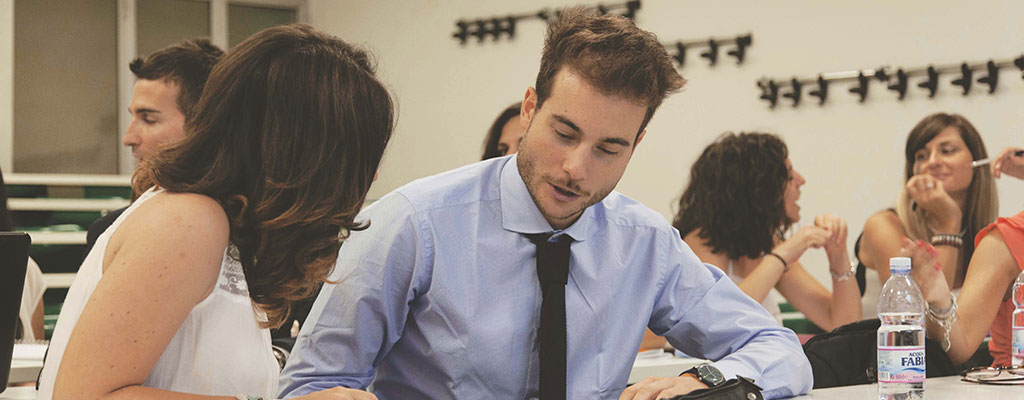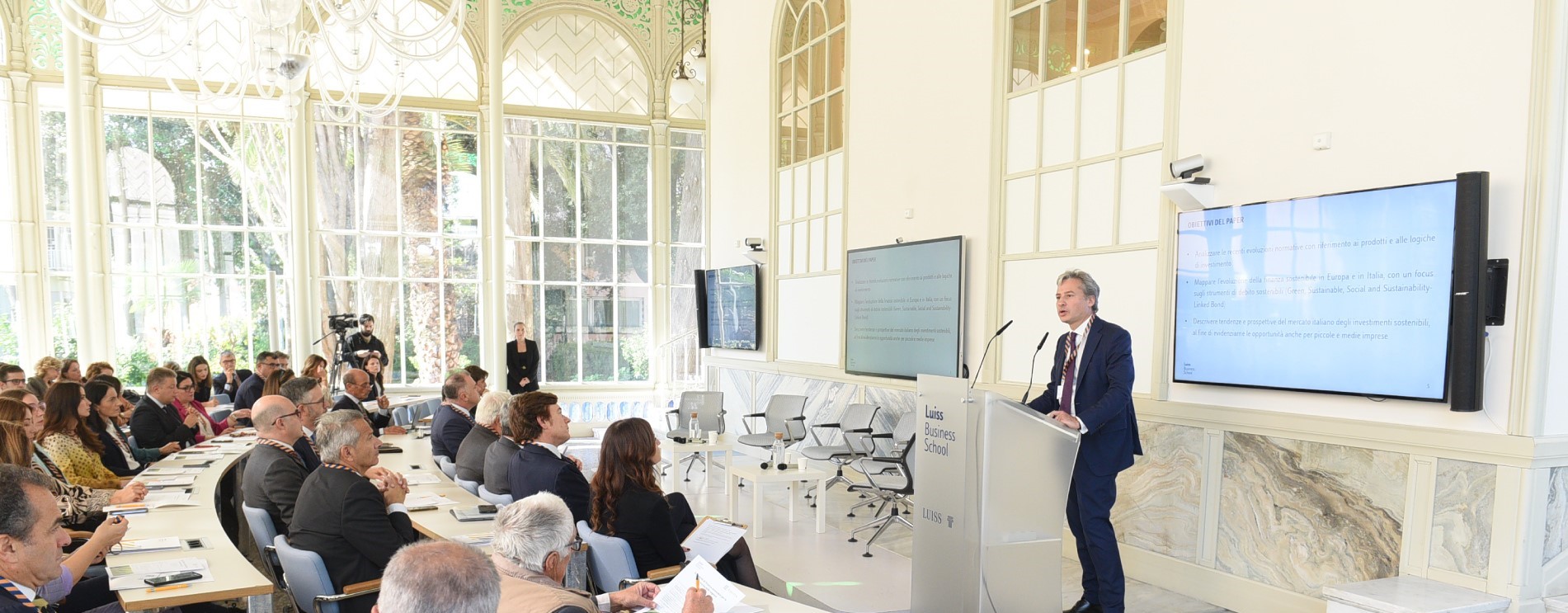(Di Luca Giustiniano, Associate Professor of Organisation Design, LUISS Guido Carli University)

Few years ago LUISS Business School sponsored a research programme called “What companies want”. Surprisingly, more than 200 companies involved in the study seemed to converge towards a clear and simple, common answer: Soft skills!
In actual facts, the evidence collected was not so surprising for people like me, studying and being passionate about the so-called organisational behaviour (in short, how and why people behave in certain ways at the workplace). The surprise was indeed related to the evidence that for (too) many years entrepreneurs, managers and scholars have focused their attention on the so-called hard skills: technical and vertical competences, linked to the educational and professional background, answering questions related to “how to do” something.
Despite their unbeatable power, and undisputed importance, hard skills are not enough to be a good manager. More and more managers struggle in advancing in their career because of their lack of leadership or relational skills, just to mention two of the most cited reasons.
Among the promoters of such a (re-)discovery of the importance of the soft skills, Jack Welch. During his forty-year career at General Electric, he led the company to year-after-year success around the globe, in multiple markets, against brutal competition. His honest, “be-the-best” style of management became the paramount standard in business, with his relentless focus on people, teamwork, and profits. In his latest work “Winning” he states his eight “leadership principles” that balance soft skills (communicating vision, building trust, motivating others) and character attributes (making the tough call, being positive, being nurturing to the core).
This introduction is to say that our Masters challenge our participants to be exposed, educated and trained not only on the vertical/technical side, but also on the readiness to interact with their surrounding physical and living spaces. Dealing with own soft skills is not a walk in the park, as it requires self-criticism and willingness to share weaknesses with the other. Nonetheless, if dealt with the necessary open mindedness it can generate excellent results, and a good amount of fun. Just embrace your limits and turn them into your strengths!
26/10/2015














